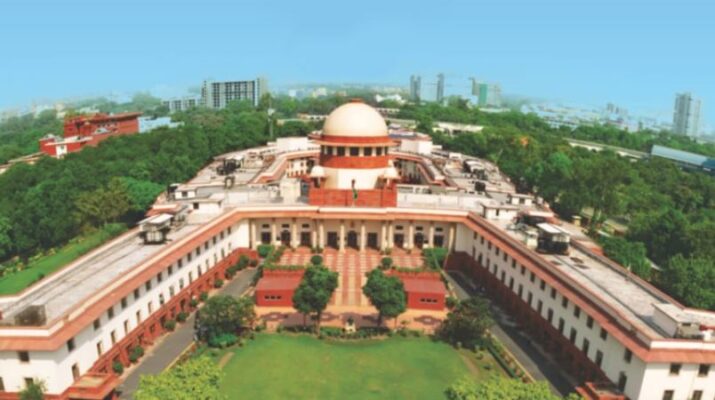New Delhi: On Friday, the Union government submitted its initial affidavit to the Supreme Court, requesting the dismissal of petitions that challenge the constitutional validity of the Waqf (Amendment) Act, 2025. The affidavit was presented by Shersha C Shaik Mohiddin, the joint secretary in the ministry of minority affairs.
In a comprehensive 1,332-page preliminary counter affidavit, the Centre opposed any stay on the provisions of the Act, asserting that it is a well-established legal principle that constitutional courts do not grant stays on statutory provisions, either directly or indirectly, and will ultimately resolve the matter, as reported by ANI.
The government defended the controversial legislation, noting that since 2013, there has been an increase of over 20 lakh hectares (specifically 20,92,072.536) in waqf land. It contended that removing the statutory protection for a Waqf-by-user does not prevent a member of the Muslim community from establishing a Waqf.
Furthermore, the affidavit claims that a “deliberate, purposeful and intentionally misleading narrative” has been crafted, misleadingly suggesting that Waqfs (including ‘Waqf-by-user’) lacking supporting documentation will be adversely affected. The government stated, “This is not only untrue and false but purposefully and deliberately misleading this court,” as quoted by ANI.
The Centre also clarified that for protection as ‘Waqf-by-user’ under the provision of Section 3(1)(r), no trust, deed, or documentary proof is required, neither in the amendment nor previously. The only essential condition for protection under this provision is that such ‘Waqf-by-user’ must be registered as of April 8, 2025, as registration has been a mandatory requirement under the statute governing Waqfs for the past century.




